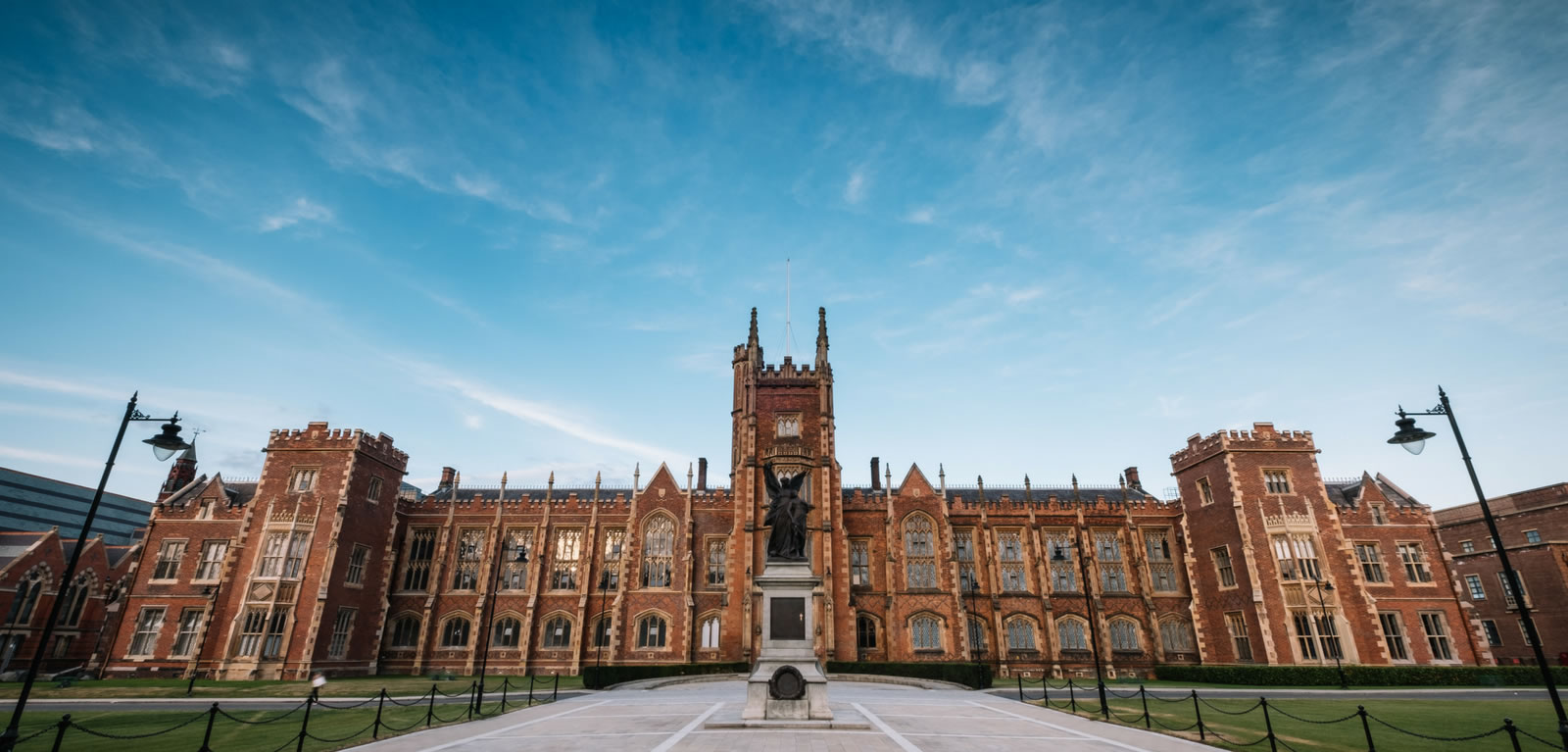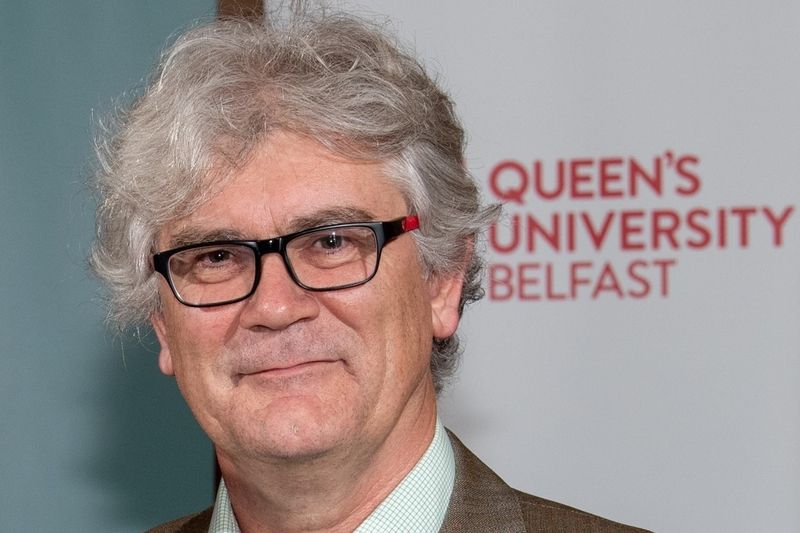Queen's researchers part of £2.55m ESRC research into UK school expulsions
The Economic and Social Research Council (ESRC) has awarded £2,550,850 to develop a multi-disciplinary understanding of the political economies and consequences of school exclusion across the UK.

The research will lead to a greater understanding of the cost of exclusions at individual, institutional and system levels, as well as pupils’ rights, entitlements, protection and wellbeing, and the landscapes of exclusion across the UK’s four jurisdictions.
The four year research project, led by Professor Harry Daniels and Associate Professor Ian Thompson at the University of Oxford’s Department of Education, includes researchers from Queen's University Belfast, University of Edinburgh, University of Reading, Cardiff University and the London School of Economics (LSE).
The research team from the School of Social Sciences, Education and Social Work includes Professor Laura Lundy, Dr Gavin Duffy, Professor Tony Gallagher and Dr Gareth Robinson.
Speaking about the research, Dr Gavin Duffy, Co-Investigator said: "This study will take a particular interest in the perspectives of pupils who have been excluded including their families, but also the perspectives of teachers, school leaders and other educational professionals.
"As a multi-disciplinary team we want to understand more about the stark differences in the rates of fixed and permanent exclusions across the four jurisdictions and we are also keen to learn more about those practices in schools which could be described as informal or unregulated – as this may give us a more accurate picture of school exclusion."
Professor Laura Lundy, Co-Investigator and Co-Director of the Centre for Children's Rights at Queen's commented: "'I am delighted that the rights-based approach to research that we have pioneered in the Centre for Children's Rights at Queen's will be used across the four jurisdictions involved in the study to ensure that children and young people impacted by school exclusion will be working with us directly to to shape the research project and understand the findings."
There are vast differences in the rates of permanent school exclusion in different parts of the UK with numbers rising rapidly in England but remaining relatively low or even falling in Northern Ireland, Scotland and Wales. Latest figures show there were 7,900 permanent exclusions in England compared to just five in Scotland, not accounting for many informal and illegal forms of exclusion.
In this research, home international comparisons of historical and current policy, practice and legal frameworks relating to school exclusion will be conducted for the first time.
Ian Thompson, Associate Professor of English Education at Oxford’s Department of Education and Co-Principal Investigator for the research commented: “Exclusions have long and short-term consequences in terms of academic achievement, well-being, mental health, and future prospects. Previous research and official statistics show that school exclusions are also far more likely to affect pupils with special needs, from low income families, and some ethnic backgrounds.”
Preliminary work conducted by the research team, which first established in 2014, has illustrated that pressures on schools to perform well in examination league tables can lead to the exclusion of pupils whose predicted attainment would weaken overall school performance. As a consequence, pupils who do not conform to the rules can be excluded to the social margins of schooling.
“Exclusion is a process, rather than a single incident, that can only be fully understood when examined from multiple professional and disciplinary perspectives,” said Harry Daniels, Professor of Education at Oxford’s Department of Education and Consultant Principal Investigator for the work. “Education policy has also largely ignored the work conducted by school and welfare professionals that attempts to address disruptive behaviour to prevent more serious incidents. This project therefore aims to highlight ways in which fairer and more productive outcomes can be achieved for pupils, their families, and professionals by comparing the ways in which policy and practice around exclusions differ in the four jurisdictions. “
The research is organised into three work strands: landscapes of exclusion; experiences of exclusion; and integration. The landscapes of exclusion strand examines the ways in which policies and legal frameworks shape interventions designed to prevent exclusions; the financial costs associated with exclusion; and patterns and characteristics of exclusion. The experiences of exclusion strand focuses on families’, pupils’ and professionals’ experiences of the risks and consequences of exclusion. The integration strand will integrate these findings to ensure that the learning is continuous as the research develops a coherent multi-disciplinary understanding of the political economies of exclusion.
These analyses will involve the cross cutting themes of: children’s rights, youth crime, values and the role of religion, geographical context, gender and ethnicity, social class, special needs and disability, and mental health.
ENDS...
Featured Expert

Media
Media enquiries to Zara McBrearty at Queen’s Communications Office on 028 9097 3259 and email: z.mcbrearty@qub.ac.uk